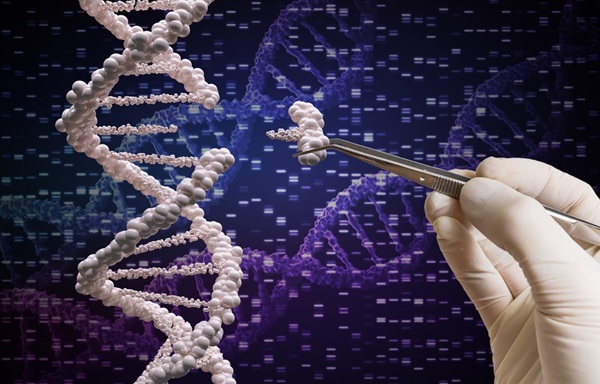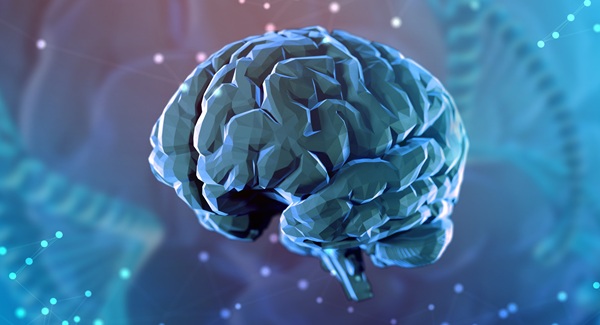Disrupted Micronuclei Cited as Potential Non-Small-Cell Lung Cancer Biomarkers
By LabMedica International staff writers
Posted on 16 Jul 2013
Cancer researchers have found that collapse of the nuclear membrane that surrounds micronuclei—bits of the genome that become detached during cell replication—may allow these damaged segments of DNA to reenter the cell's genetic material with possible cancer-causing consequences.Posted on 16 Jul 2013
Investigators at the Salk Institute for Biological Sciences (La Jolla, CA, USA) worked with cultures of non-small-cell lung cancer (NSCLC) cells. They reported in the July 3, 2013, issue of the journal Cell that micronuclei, which were sometimes generated when these cells replicated, had reduced functioning compared to primary nuclei in the same cell, although the two compartments appeared to be structurally comparable. Over 60% of micronuclei were found to undergo an irreversible loss of compartmentalization during interphase due to collapse of their nuclear envelope.
The disruption of the micronuclei, which was induced by defects in nuclear lamina assembly, drastically reduced nuclear functions and had the potential to trigger massive DNA damage. Disruption of micronuclei was associated with chromatin compaction and invasion of endoplasmic reticulum (ER) tubules into the chromatin.
Disrupted micronuclei were detected in both major subtypes of NSCLC, suggesting that this feature could be a useful objective biomarker for genomic instability in solid tumors.
"Our study shows that more than 60% of micronuclei undergo catastrophic dysfunction in solid tumors such as NSCLC," said senior author Dr. Martin Hetzer, professor of molecular and cell biology at the Salk Institute for Biological Sciences. "We identified disrupted micronuclei in two major subtypes of human non-small-cell lung cancer, which suggests that they could be a valuable tool for cancer diagnosis."
Related Links:
Salk Institute for Biological Sciences














